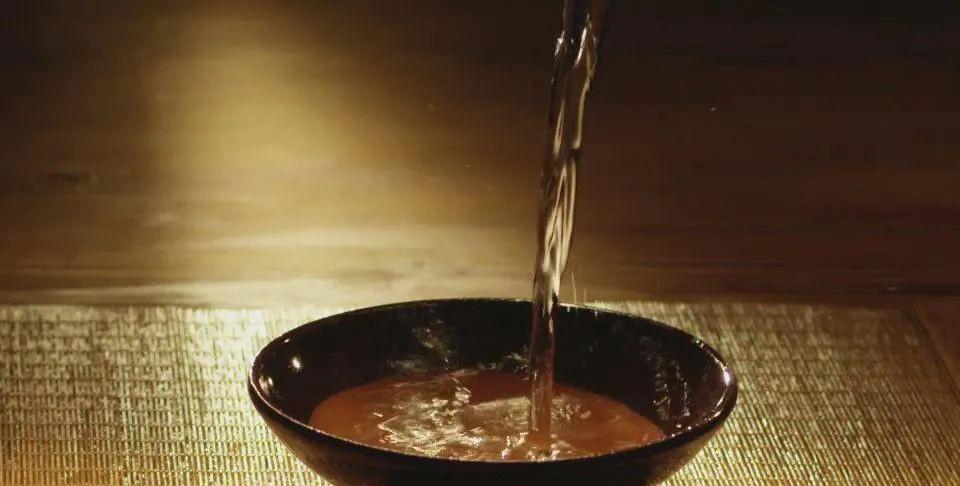Fuyang is one of the most famous granaries in Chinese mainland.
Fuyang is one of the main wheat producing areas. Every year, Fuyang Wheat Planting Area reaches 7.21 million mu +, with an annual output of about 30 million tons, which is one of the main wheat producing areas in China. Wheat is the main raw material for liquor koji making and winemaking, and the abundant high-quality wheat has laid the foundation for the brewing of high-quality liquor grain.
Fuyang is one of the main winter barley producing areas. Fuyang is one of the main barley producing areas in the Huanghuai region, and the main variety of barley is winter barley. Fuyang winter barley is rich in nutrients, with a crude protein content of 13.68% and a high content of lysine. Fuyang winter barley is mainly used for winemaking.
Southern Fuyang is one of the rice-producing areas. Fuyang is a vast prefecture-level city in Anhui Province, with wheat in the north, rice in the south, rice and wheat production capacity resources are relatively rich. Rice is the basic raw material of Wuliang Aroma, and the north-south junction of Fuyang makes rice resources brew a unique Huanghuai famous wine.
Fuyang is located in the center of the core production area of glutinous rice. Henan Huangchuan, Anhui Huaiyuan and Jiangsu Jintan are all famous "china's glutinous rice towns", while Fuyang City is located in the center of huangchuan, Huaiyuan and Jintan golden triangles. Among them, although Huaiyuan County in Anhui belongs to Bengbu City, it is relatively close to Fuyang in a straight line.
The peas used for gold seed brewing mainly come from Shandong. Pea cultivation is practised in all areas of China where barley and wheat can be grown. Fuyang is the main wheat and barley producing area, with a natural environment for growing peas. Peas are economic crops that need to be grown on a large scale, and the peas used for gold seed brewing are mainly from Shandong.
Golden seed winemaking sorghum comes from the northeast. Fuyang is not the main sorghum producing area, and the sorghum used in winemaking mainly comes from the northeast, and the golden seed northeast sorghum production base. Northeast sorghum has a high wine production rate and high quality.
Fuyang is the most famous wine city in central China.

Having a wealth of agricultural products does not naturally translate into fine wine and delicacies, and it is possible to produce world-famous wines with skilled craftsmen, farming civilizations and folk creations.
Fuyang is one of the birthplaces of agricultural civilization. Fuyang is administratively subordinate to Anhui Province, but geographically it is typical of the Central Plains culture. Fuyang has always had the reputation of Shenzhou granary and fragrant valleys. Rich agricultural resources are the cornerstone of agricultural civilization and the foundation of China's wine city since then.
Fuyang is one of the birthplaces of winemaking culture. Fuyang is less than 100 kilometers away from the 7,000-year-old Peiligangjia Lake Cultural Site. The 5,000-year-old Dawenkou culture was located in Linquan County, Fuyang City. In the ruins of the Dawenkou culture at the site of Linquan Gongzhuang, fragments of red pottery mane were found, which can be presumed to be the earliest fragments of wine vessels found in Fuyang. The ruins of Mengcheng Weichi Temple have found Yao-shaped cups, high-handled cups, barrel cups, Cups, Dakouzun, Mane, Dakou Urn and other Dawenkou period wine vessels, indicating that the ancestors of northern Anhui at that time had generally mastered the primitive winemaking technique. The increase in the variety and number of wine vessels indicates that the drinking style was more popular at that time.
Fuyang is the birthplace of Lao Tzu's Tao Te Ching. Lao Tzu's Tao Te Ching says, "Man fa di di, earth fa tian, tian fa Dao, Dao Fa nature. Baijiu is the product of the co-brewing of heaven and earth, the unity of heaven and man, liquor is the product of Taoist nature, from nature higher than nature, liquor is a high-level expression of agricultural civilization. The Tao Te Ching originated in the land of Fuyang and the winemaking industry was first produced in this land, which highlights the light of thought and the times.
Golden Seeds gave birth to Fuyang's transformation from "China's granary" to "China's wine city".
As one of the 19 listed companies in China's liquor and one of the four listed companies in Huijiu, Golden Seed has spawned the glory of China's liquor city based on agricultural civilization.
First, six grains are brewed. On the basis of traditional strong fragrance, Golden Seed Wine industry has created six grains of fragrant fragrance, wheat, barley, rice, glutinous rice, peas, sorghum, with the agricultural resources of Fuyang City to brew golden seeds and multi-grain classics, achieving golden seeds, rich fragrance and other aromas, becoming a model of huanghuai famous wine belt with multiple categories.
Secondly, the multi-curved fermentation process. On the basis of inheritance, Golden Seed continues to make breakthroughs, fermenting with high temperature and multi-curved to create a multi-curved fermentation of multi-flavor compatible aromatic liquor. The golden seed fragrance is a typical representative of this multi-curved fermentation natural fragrance.
Third, the spirit of the big country winemaker. Several national-level winemakers and provincial-level liquor masters of Golden Seed have fully participated in the company's quality project, creating the ultimate quality with big country winemakers. From chief engineers to front-line brewers, excellence and meticulousness, this kind of big country winemaker has achieved today's masterpiece.
Baijiu is an urban code, and it hides the humanities and history of the city. Baijiu is a symbol of the city, and she exudes the spirit and style of the city. Baijiu is an urban terroir, and it contains the reality and glory of this city.
Golden Seed truly records the imprint of Fuyang from "China's granary" to "China's wine city", spreading the style and pulse of the city.